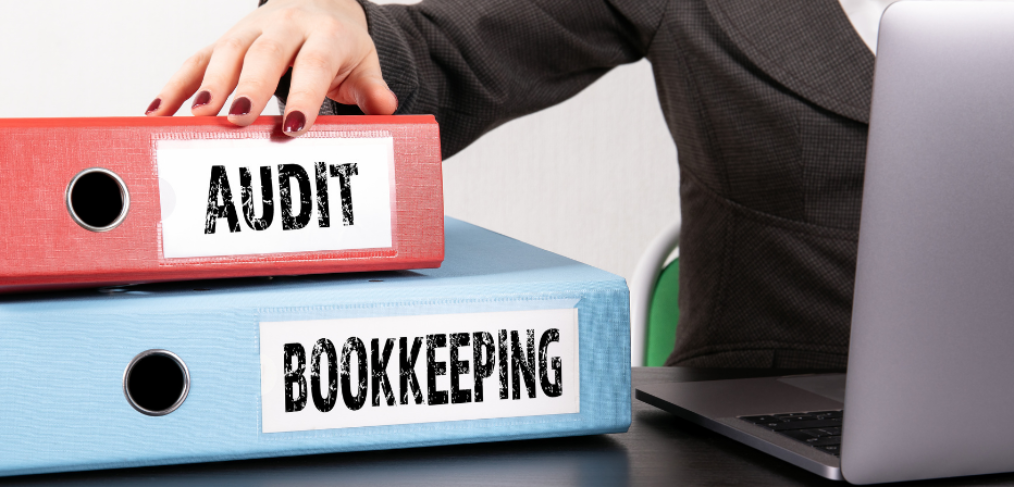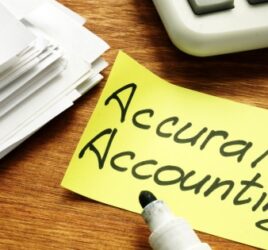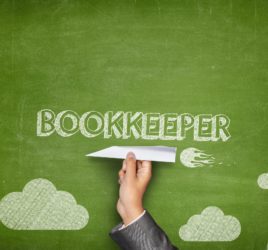
Bookkeeper vs Accountant?
As a small business owner, you know the importance of having someone take care of your finances, especially when doing taxes. Let’s face it, you started your own business to do what you love, not be bogged down with figures and numbers.
So, have you ever wondered what the difference is between a bookkeeper and an accountant? And which one you need? Chances are, you might need both. This article will review the main differences between the two professions, and hopefully guide you to a better understanding of which will serve you and your business best.
Bookkeepers
A bookkeeper has the crucial role of record-keeping for the day-to-day running of the business. They record all financial incomings and outgoings, create invoices, balance ledgers, take care of payroll, and process debits and payments. It is their job to keep all financial records up to date to make sure that tax and payroll obligations can be met, and end-of-year reporting can be done efficiently and accurately.
A good bookkeeper should be using cloud-based accounting software. It means that both you and your bookkeeper have real-time access to the financial position of your business. It also makes it easier to ensure all your transactions are regularly updated.
Bookkeepers do not usually require any specific training, experience, or education. Their tasks can be learned by anyone with sufficient attention to detail and a good mind for numbers and finances. However, many bookkeepers regularly attend training sessions and ongoing professional development to ensure their knowledge and skills remain current in an ever-changing market.
Where bookkeeping ends, accounting begins…
Accountants
An accountant will review and build on the information provided by a bookkeeper to prepare and produce your financial statements, complete tax returns, provide analysis to help your business make financial and strategic decisions, and also assess operational costs.
The records kept by a bookkeeper will determine the accountant’s advice, but it’s then up to the accountant to help businesses better understand their financial performance, cash flow, and profitability. Accountants will be the ones relied on to help with tax planning and filing and financial forecasting.
Unlike bookkeepers, accountants do need to have formal education and qualifications, and they must complete a certain amount of work experience. Most accountants will have either an accounting degree, commerce degree, or business degree with a major in accounting. They can then go on to become a Chartered Accountant. Once completing their initial qualification, they would then undertake three years of professional accounting experience, and meet other requirements set by Chartered Accountants Australia New Zealand, to become a Chartered Accountant.
Which do you need?
It’s important to understand whether you need to hire a bookkeeper or an accountant, or both! This choice primarily depends on the industry, size of your business, and the level of expertise required.
A bookkeeper is generally:
- Less expensive to employ.
- A great choice for handling daily transactions.
However, if you need insight and advice on how to better operate your business at scale…you will need help from an accountant.
So what do we do here at Accountants Plus? Well we are Chartered Accountants, Business Advisors and Taxation Specialists. That means we can help you with all your accounting needs. If you would like to talk to our experienced small business accountants to find out what would work for your business, then contact us here at Accountants Plus today.



